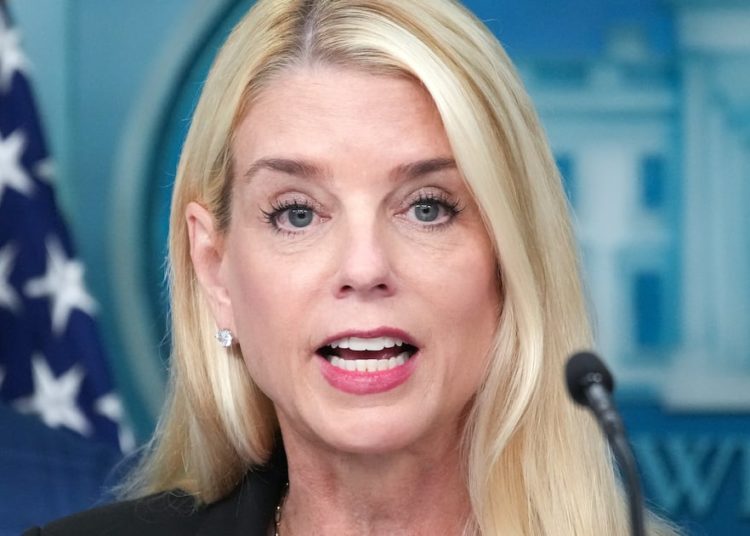A wave of youth-led “Gen Z” protests is sweeping the world. A recurring slogan during the recent protests in Morocco was “We want hospitals, not stadiums”, reflecting how publicly funded services such as health and education are being sidelined. Electricity and water outages triggered the protests in Madagascar that toppled the government. Rooted in high levels of inequality, deficits in public services, and generational frustration, these protests reflect the fracturing of the social contract between governments and young citizens
This week will see the World Summit for Social Development in Qatar. This is the first such summit in 30 years to focus the world’s attention on the pressing need to provide health, education, social protection and other vital services for all. Such public services are the most powerful and proven way to build more equal, fairer societies. This summit offers a critical opportunity to radically improve public service delivery, something that is at the heart of the rebuilding of a new social contract between angry citizens and their governments.
Sadly, the trend is firmly in the wrong direction. In 2024, Oxfam highlighted that 84 percent of countries have cut investment in education, health and social protection. Nine out of ten countries have backtracked in one or more areas. The United Nations’ Sustainable Development Goals in all these areas are way off track. Cuts to aid from rich countries are also making things worse for the Global South. US foreign assistance cuts alone could cause more than 14 million additional deaths by 2030.
Yet the world is not short of wealth: total global wealth is immense. The vast majority is in the hands of rich individuals and is barely taxed. Global private wealth grew by $342 trillion since 1995 – eight times more than global public wealth. The case for taxing this wealth – to fund health, education and other public services – is overwhelming, and thanks to the leadership of Spain and Brazil, is also gaining momentum that is long overdue.
Over the next 10 years, $70 trillion is going to be handed by the rich to their children, cementing inequality into the next generation, in what has been described as an “inheritocracy”. Meanwhile, good education and health are increasingly only available to those who have enough money. This is squandering the talent of a generation. How many potential climate scientists or engineers will never get to even go to high school? In many countries, children from rich families are hundreds of times more likely to get to go to university than those from poorer backgrounds. For girls from poorer families, the chances are lower still. It is no wonder this spills over into anger and resentment.
The concept of a welfare state is being eroded before our eyes in the face of an ideological commitment to austerity and a shrinking state. This is tragic given the clear evidence that robust welfare systems are key for reducing inequality, redressing social disadvantage, and rebuilding trust. In contrast, failure to deliver these risks unrest. Improvements in service delivery lead to higher satisfaction and trust in government, while poor or corrupt service delivery erodes trust.
The Gen Z protests have shown that the next generation is no longer willing to patiently wait for traditional party politics to address these concerns. They are organising digitally and acting outside established institutional channels. If governments do not respond to people’s aspirations with improvement in public services and stronger social protection and fail to act on inequality, they risk further resistance and protests. In this sense, the Gen Z uprisings are the canary in the coalmine for inequality and public-service deficits.
The good news is that none of this is inevitable. There are many examples of countries that have bucked the trend. Take, for example, Thailand with its world-class public healthcare system available to all citizens. Or the hundreds of millions of children who have benefited from primary education being made free across Africa. Good public services are within the reach of every government.
To do this, governments should focus on building national public wealth and not private wealth. They should reject the snake oil solutions that propose “private finance first” policies and that promote as a panacea privatisation, commercialisation and financialisation of essential public services, like health, education, water, care and social protection. This is a dangerous dead end.
Over the last year, we saw the creation of 49 new billionaires in the field of health and pharmaceuticals. Yet half the world’s population is still not covered by essential health services, with 1.3 billion people impoverished by out-of-pocket health spending. The only beneficiaries from privatised healthcare are the richest, at huge human cost.
The Gen Z movements inject urgency into the World Summit for Social Development agenda – governments ignore the provision of public services at their peril. They must respond not with bullets and batons, but with classrooms and clinics.
The views expressed in this article are the author’s own and do not necessarily reflect Al Jazeera’s editorial policy.
The post Gen Z are demanding schools and hospitals, not superyachts and helicopters appeared first on Al Jazeera.




